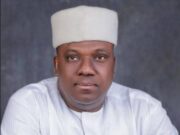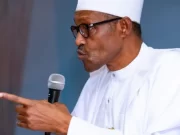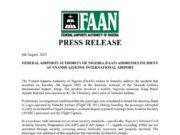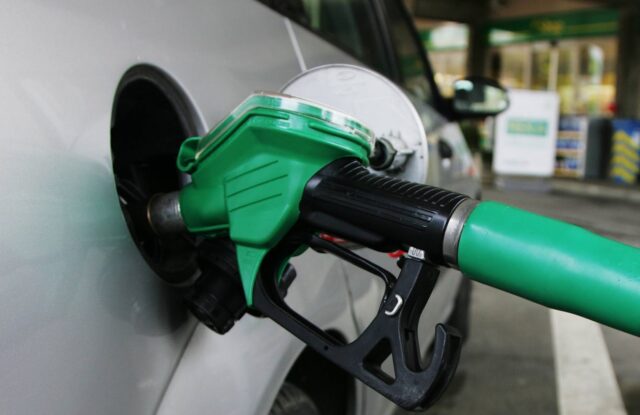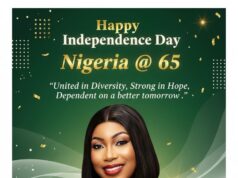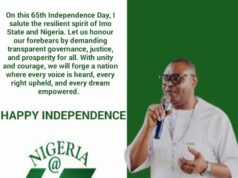There are strong indications that the pump price of Premium Motor Spirit (PMS) popularly known as petrol will be raised by marketers. This is coming as the nation grapples with challenges in products distribution occasioned by recent off-spec petrol importation by partners of the Nigerian National Petroleum Company (NNPC) Limited. A letter from NNPC Limited sighted by All Times Global Magazine on Monday has introduced fresh marine charges for marketers.
ATGMag investigations revealed that petroleum marketers and depot operators are currently meeting to agree on allowable adjustment any moment from now.
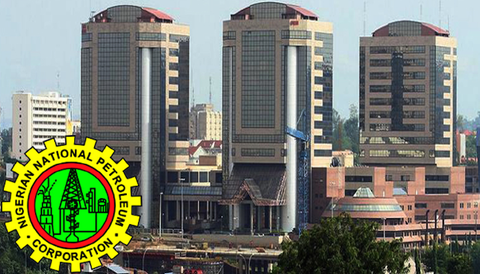
A highly placed industry source told our correspondent that the country will witness new pump price of petrol after marketers conclude their engagement.
A memo sighted by ATGMag from NNPC Limited has introduced fresh marine charges for marketers.
The letter with Ref. NNPC/ML/STS01, dated 18th February, 2022, and addressed to all marketers, with the title, “Payment of STS Coordination Charge” signed by O.I O Ajilo on behalf of GGM Shipping, read thus:
“Please be informed that the NNPC Management has directed that effective (from) 10th February, 2022, the sum of N500,000 only will be charged for STS Coordination fee for each transshipment operation involving NNPC Marine Logistics.
“This amount is to cover manpower and logistics required for coordination and production of cargo documents for the transshipment operations.
“A remita payment request will be generated by our accounts section for each operation to effect necessary payment upon the vessels tendering notice of readiness (NOR),” NNPC said in the letter.
Our source revealed that the process of treating the off-spec PMS is ongoing as, advised by chemists and analytical laboratories, sludge extracts are being processed and disposed of without any harm to the environment.
The source, however, said the Petroleum Products Marketing Company (PPMC) brings in cargoes for the above process and for distribution to the buying public but they need to do much more.
But our source hinted that a point of serious concern to marketers is that while NNPC Limited and its business units, which are also ‘Limited’, are recovering all their costs by passing same to marketers, there is no approval for marketers to pass these costs to the pump buyer, but marketers cannot absorb these costs.
“For instance, a newly introduced cost is the bill of N500,000 imposed on marketers by NNPC for the ‘daughter vessel’ Bill of Lading/co-ordination fee.
“Prior to now, marketers charter NNPC vessels and pay in Naira. However, we are now forced to source US dollars to pay for the charter of NNPC vessels which is separate from the costs of fenders and other ancillary costs now separated from vessel charter cost which marketers now bear, but we have no approval to pass on to the pump.
“NMDPRA and NNPC have both stated FG’s reluctance to review pump price but since they have passed them to marketers, the latter will reflect it either ex-depot or at the pumps.
“Marketers are business owners who mostly operate on bank loans and we too must recover all costs.” the source said.
Meanwhile, acute petrol shortages facing the country entered the third week yesterday despite assurances by the federal government that the situation would improve this week.
In Abuja, long queues continued at a few stations owned by major marketers while stations operated by independent marketers were still without the product. Outside the city centre, where independent marketers opened, pump prices ranged from N175 to N187 per litre at filling stations
The government had two days ago admitted its role in the importation of adulterated petrol into the country, blaming it on inspection failure.
The minister of state for petroleum resources, Chief Timipre Sylva, said: “In the last weeks, Nigerians have grappled with fuel scarcity, not because of the absence of supply of products but due to inspection failure, which allowed adulterated products into the country.
“This is regrettable, and the federal government sympathises with the citizenry over the unforeseen hardship, occasioned by the inevitable scarcity. Let me once again appeal to Nigerians to be patient with the government in finding lasting solutions to the crisis.”



